Pinus Pinaster, also known as French Maritime Pine trees, are native to countries in the Mediterranean Sea. From the tree comes French Maritime Pine Bark extract that is a nutritional substance used in medicines.
Maritime pine bark extract is rich in phytochemicals, proanthocyanidins. Phytochemicals are the natural compounds found in the plant that promote better health. These compounds prevent cellular damage by scavenging free radicals. The extract can also improve the symptoms of lymphedema. It holds antioxidant effects. Maritime pine bark extract is mostly used orally to prevent and treat heart-related problems, diabetes, and health issues resulting from diabetes, and problems of blood vessels. It improves the symptoms of ulcers in people with diabetes, mouth ulcers, hemorrhoids, and chemotherapy. The bark contains compounds that can improve blood flow. Hence, it can reduce swelling, stimulate the immune system, and prevent infections. It also has uses in skincare, especially as an ingredient in skin healing, anti-inflammation, UV protection and anti-aging.
Other names
The French maritime pine extract is known by a variety of names. Some of them are:
- French Maritime Pine Bark Extract
- Oligomeric Proanthocyanidins
- Pinus Maritima
- Pinus pinaster
- Condensed Tannins
- Pycnogenol
- Procyanidin Oligomers
- Pine Bark Extract
- Maritime Bark Extract
- Pine Bark
- Pygenol
History of maritime pine’s use
The maritime pine tree is native to Southern France. The lush forests of maritime pine trees date back to the 1500s. They were discovered by French explorer Jacques Cartier. Cartier, along with his sailors, were suffering from scurvy—vitamin C deficiency—due to their elongated sea voyages from France to the New World. As per the historical accounts, the First Nations tribe conferred their traditional wisdom with Cartier. They made decoctions of local pine tree bark to treat scurvy. Since then, the extract has been used to treat scurvy, alleviate anemia, cardiovascular conditions, and inflammation. It has also been used as a food source in contingencies.
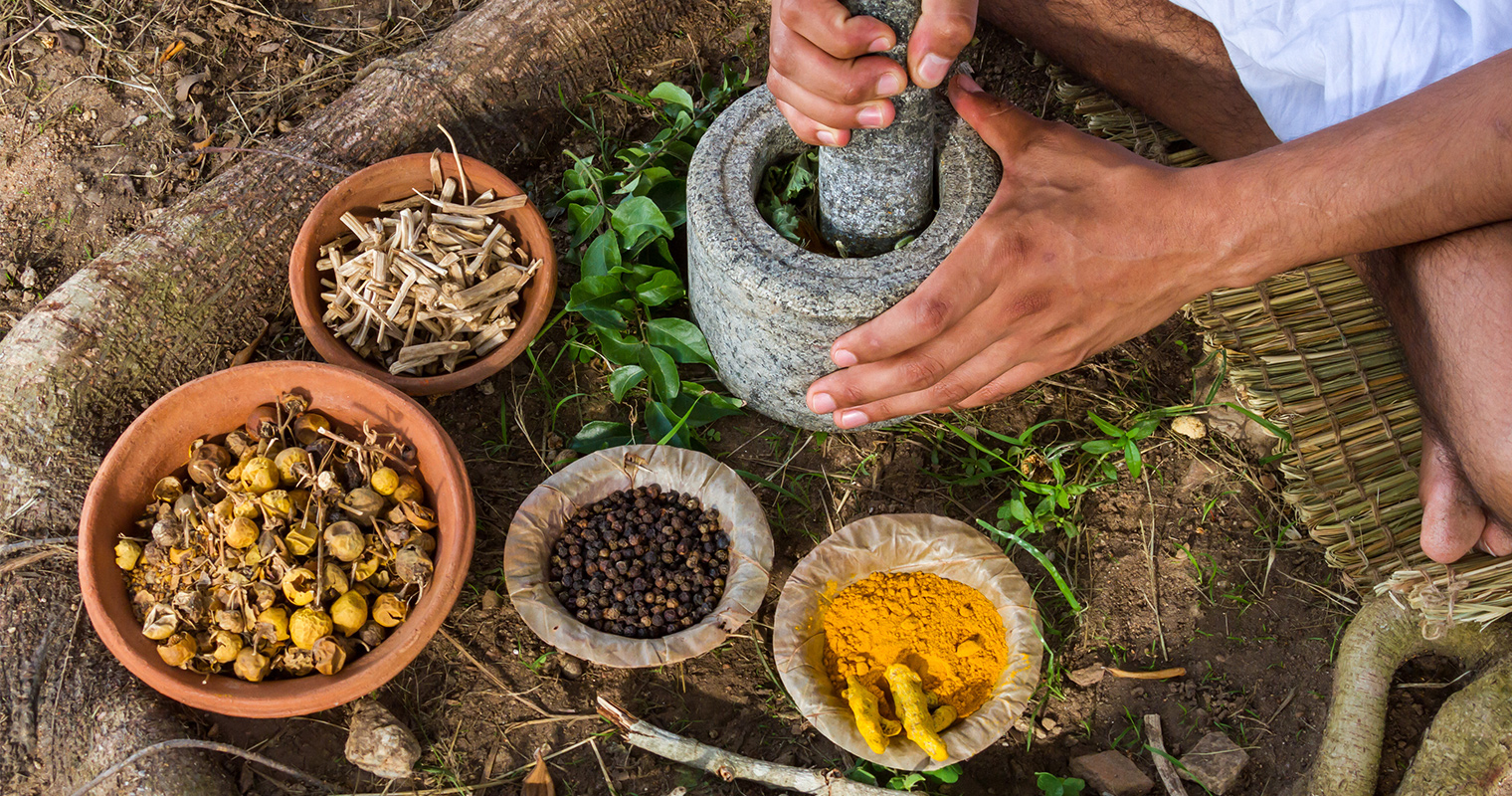
Modern science has now endorsed the traditional knowledge that maritime pine bark is rich in vitamin C. It further discovered that the phytochemicals in the bark, proanthocyanidins, are powerful antioxidants—even more potent than Vitamin C and E.
Chemical composition of Maritime Pine Extract
Maritime pine extract contains 80 to 85 percent proanthocyanidins, 5 percent catechin and taxifolin, and phenolic acids along with 2-4 percent benzoic and cinnamic acids. However, the extract composition may vary depending on the species of the plant source and the extraction process. Seasonal and geographical variation also exists. The extraction process is such that saturated sodium chloride is added, and the bark is boiled. After cooling, the bark is extracted with ethyl acetate. The solution is precipitated with high concentration. The process is repeated numerous times for the removal of condensed tannings.
Here are the main components of maritime pine extract and their benefits:
Proanthocyanidins:
These compounds protect the cardiovascular system. They have antioxidant properties and can block the formation of nitrosamines along with protecting the cells from their effects. With Vitamin C, proanthocyanidins reduce the risk of breast cancer.
Catechins:
Catechins are the scavengers of reactive oxygen species (free radicals). They are indirect antioxidants, i.e., they act as an antioxidant through their effects. Catechins are also known to bring about vascular-defensive movement.
Taxifolin:
This compound offers benefits to heart health, pores and skin, contamination, cognitive features, immunodeficiency, and allergic reaction. It is also helpful in diabetes.
Phenolic Acids:
These compounds are easily absorbed by the walls of the intestinal tract. They have antioxidant properties and can prevent cellular damage from oxidation reactions. They are believed to promote anti-inflammatory activities when consumed regularly. They also exhibit antiulcer, cardio-protective, antidiabetic, anti-inflammatory, neuroprotective, and anticancer activities.
Benefits of French maritime pine bark extract (Pycnogenol)
French maritime pine bark extract offers a lot of health benefits—all thanks to its nutritional components. The extract is also used as a nutritional supplement. Its health benefits are as follow:
1. Accelerates wound healing
Pine bark speeds up the process of wound healing. It is very effective in treating minor injuries. One study shows that the application of 1 percent Pycnogenol gel formulation reduces the time for wound healing drastically. Researchers discovered that pycnogenol gel reduced the healing time by 1.6 days when compared to the group that applied a gel without any bark content. The duration of the healing process decreased further by almost three days on the application of 2 percent pycnogenol. The application of five percent pycnogenol further sped up the healing process.
Not only that the pine bark accelerates the wound healing process, but it also reduces the diameters of the remaining scars. With higher concentration, it can also remove the scab completely.
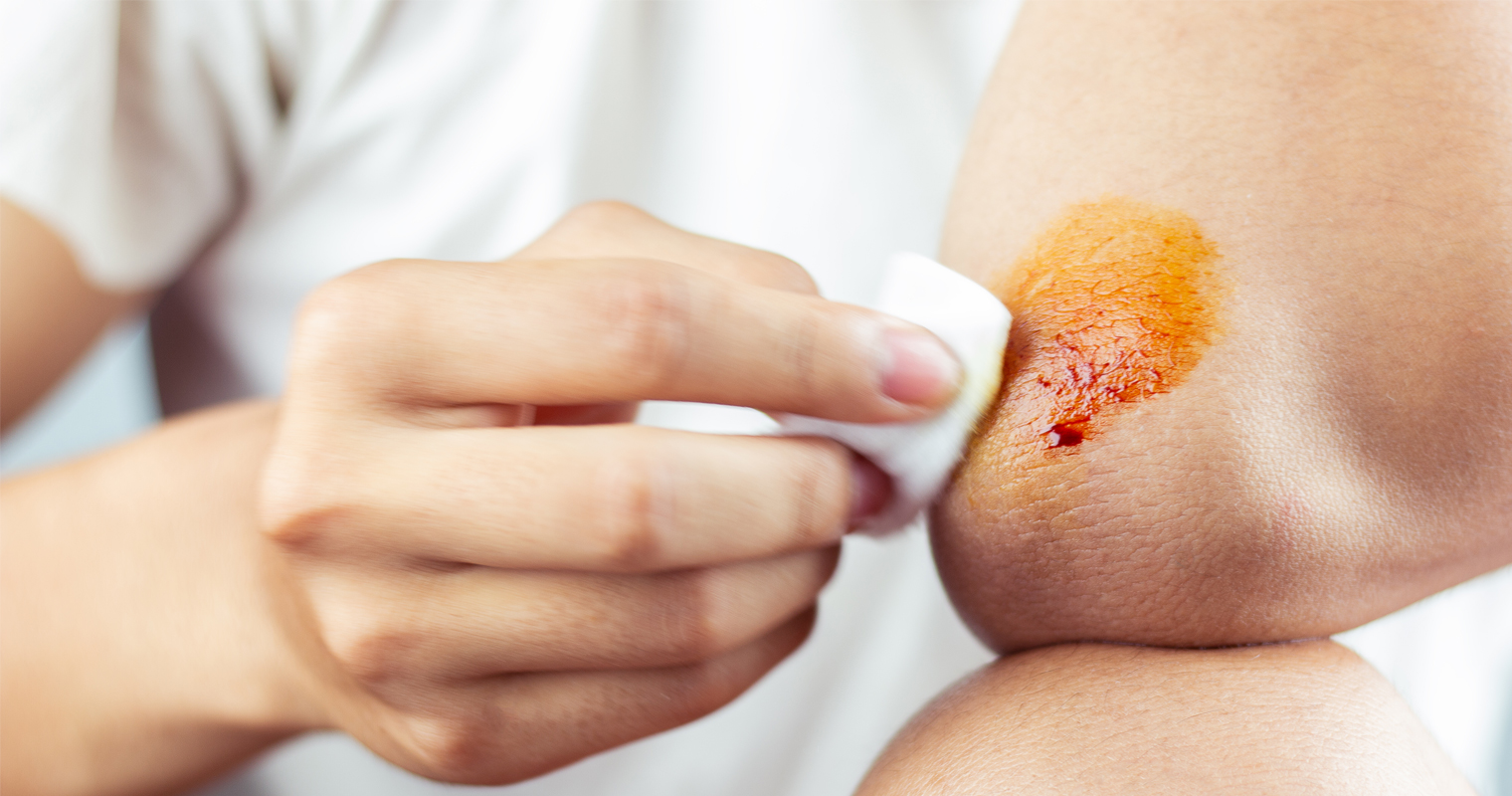
2. Prevents inflammation
As it is a potential scavenger of free radicals, maritime pine bark is effective in preventing inflammation. Several clinical studies show that the extract can help alleviate chronic venous insufficiency (a condition where valves of the leg veins do not work effectively) and retinal micro-hemorrhages. It doubles the intracellular synthesis of anti-oxidative enzymes and thus prevents oxidative stress.
Regarding its other antioxidant effects, the pine bark extract helps regenerate and protect vitamin C and E. Studies have proven multiple times that this extract exhibits anti-inflammatory activities.
3. Helps relieve asthma symptoms
The French maritime pine bark extract improves the asthma symptoms. One study shows that it reduces symptom scores and circulating leukotrienes while improving the lung function. Another study finds that consuming the extract of maritime pine bark every day with asthma medications alleviate the asthma symptoms drastically. It renders the need for inhalers redundant in children and adults having asthma.
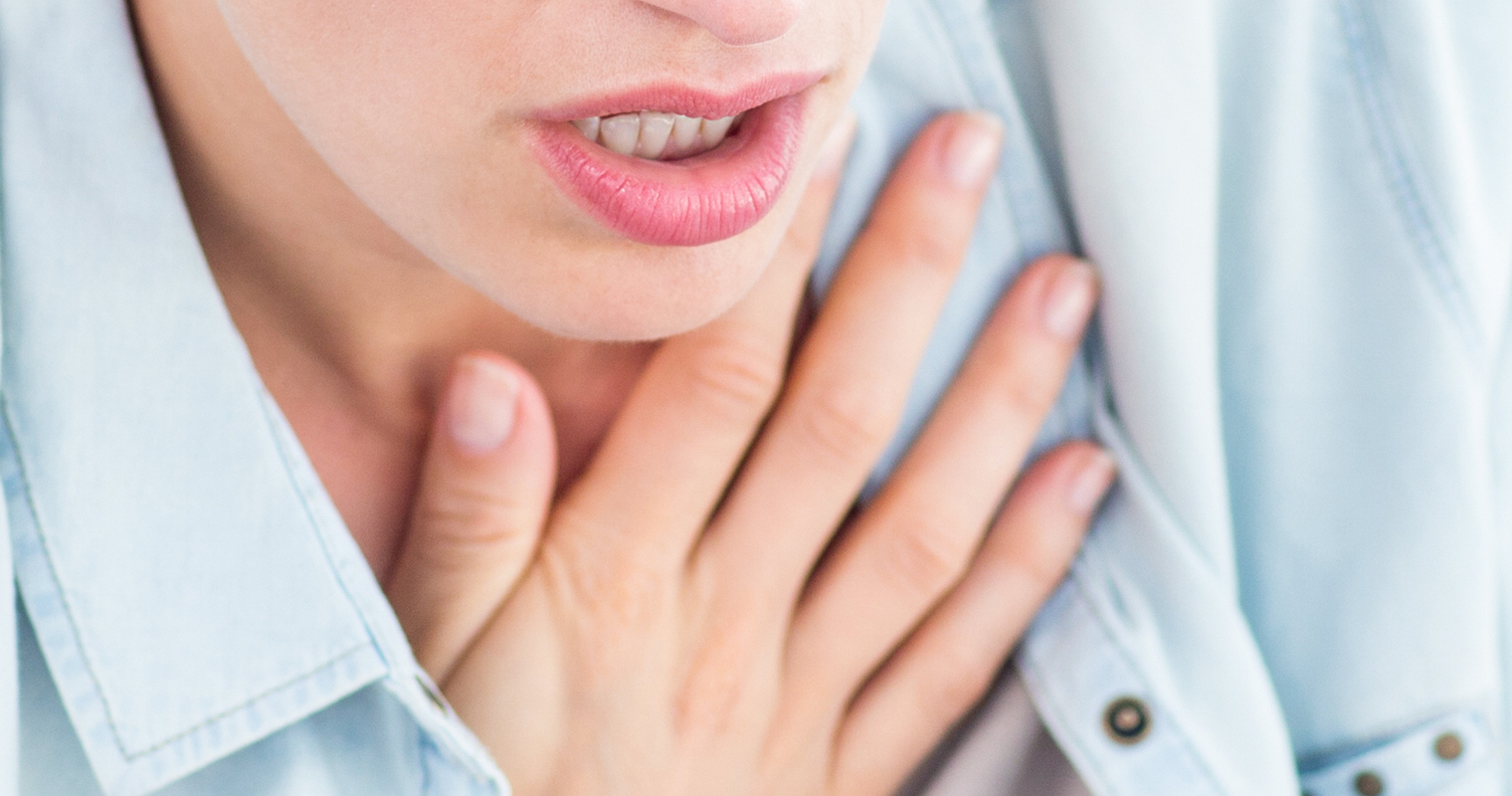
4. Normalizes cardiovascular risk factors
The use of pine bark extract can reduce cardiovascular risk factors. One study finds that its use can dilate the small blood vessels in people with cardiovascular disease. It also protects against the smoking-caused platelet aggregation in smokers. It tends to have a mild anti-hypertensive effect too, thus helping with improved blood pressure.
In one study, a group of 35 perimenopausal women used Pycnogenol 100mg/day as a supplement for eight weeks. A control group of 35 with similar cardiovascular risk factors was formed. The study required all the women to participate in the best management plan for menopause. Women who took pycnogenol as a supplement experienced a decrease in cholesterol and triglycerides after the said duration.
Their fasting glucose levels also became normal, and the blood pressure, which was on the borderline, lowered to normal readings. The consumption of supplements also improved almost all menopausal symptoms and was well tolerated. The control group did not experience any significant change in the said risk factors.

5. Beneficial for ADHD
The French maritime pine bark extract is beneficial for the attention-deficit hyperactive disorder (ADHD). There are multiple anecdotes that taking pycnogenol has positive effects on people with ADHD. These anecdotes have been seconded by some scientific research too. One study found that the use of pine bark extract can improve cognitive function.
In another study, 61 children were randomly provided 1mg/kg Pycnogenol supplement every day or placebo for four weeks. The study found that the one-month administration of the extract can significantly reduce hyperactivity while improving attention. It also enhances visual-motoric coordination and concentration among children with ADHD. Whereas, the placebo group did not experience any positive effects. One month after taking pycnogenol, the symptoms relapsed.
The study recommended the use of this extract as a natural supplement for children with ADHD. It is best to consult the healthcare provider before taking this supplement.

6. Neuroprotective role
Pycnogenol also has a neuroprotective role. Studies show that it can cause a significant reduction in the elevated levels of proinflammatory cytokines resulting from traumatic brain injury.
7. Anti-aging effect
Pollution-emitting technologies are widely prevalent these days, damaging the ozone layer severely. The depletion of the ozone layer results in an uninterrupted entry of the sun’s ultraviolet rays. The environmental toxins and UV rays are taking a huge toll on human skin and overall health. The skin dysfunctions are a result of the harmful rays and air pollution. The skin is losing its tone, flux, strength, glamour, and density. That leads to premature skin aging and wrinkles. Chronic exposure to UV radiation might even result in skin cancers.

Pycnogenol helps improve the skin damaged from the external environment. It is a source of both polyphenols and flavonols that are effective against many skin diseases, and skin cancer as well. It also inhibits numerous harmful proteins and reduces the early skin-aging symptoms. Because of its anti-inflammatory properties, it prevents the generation of free radicals while also promoting cell regeneration.
One study observed 20 healthy women who were given pycnogenol treatment for 12 weeks. The researchers discovered that skin elasticity increased by 25 percent, skin hydration enhanced by 8 percent, and skin smoothness improved by 6 percent. Along with that, a 3 percent reduction in wrinkles and skin fatigue occurred as well. Another study observed 31 participants for 60 days to assess the results of pycnogenol. The participants who were given pycnogenol experienced a drastic improvement in skin elasticity and hydration. Pycnogenol can prevent photo-aging as well.
8. Helps relieve premenstrual symptoms
Maritime bark extract also helps with the premenstrual symptoms like abdominal pain because of the spasmolytic action (relieving spasm of muscles) by its phenolic acid content. Evidence shows that the oral consumption of the pine bark extract can help relieve pelvic pain in women having severe menstrual cramps or endometriosis.
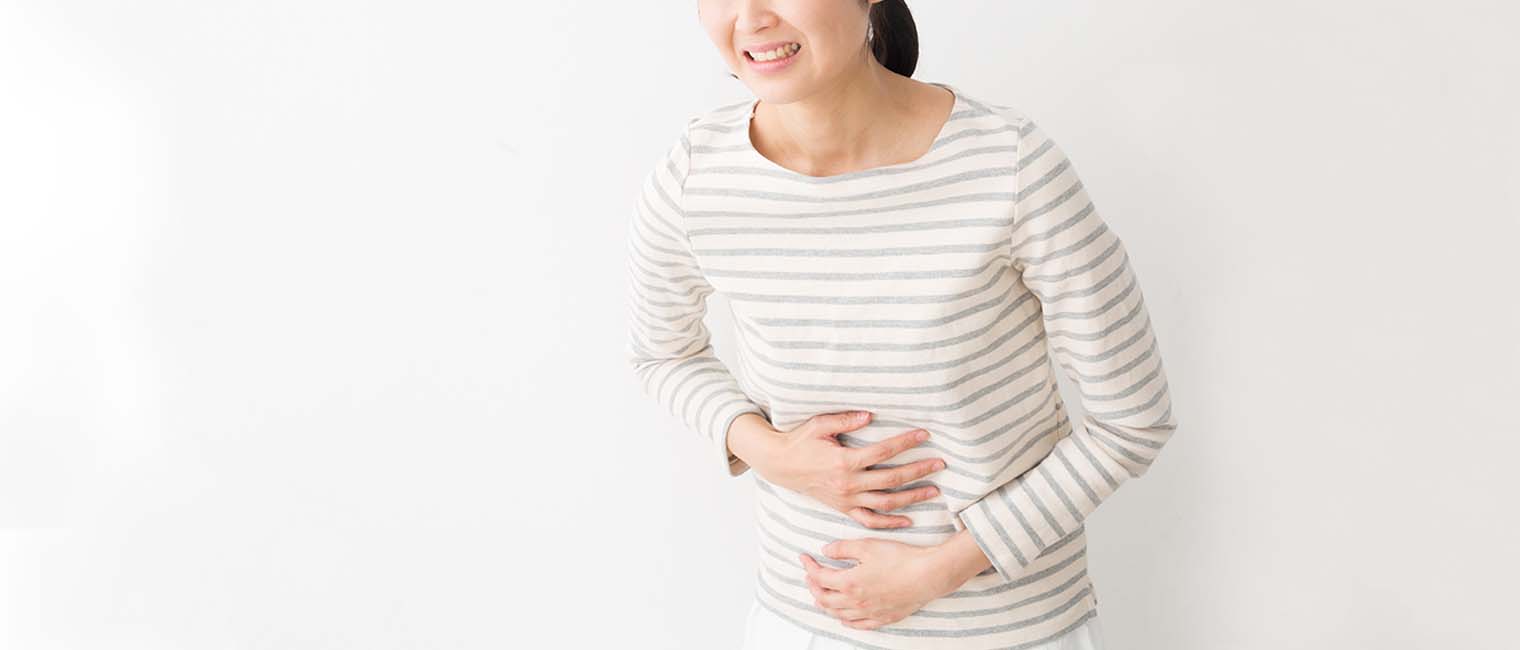
9. Improves skin conditions
French maritime pine bark extract helps with many skin conditions because of its beneficial contents. Here are a few of those:
Helps with UV-induced skin conditions
As pine bark protects the skin against the impact of UV-rays, it can also help with the UV-induced skin conditions. One study in 21 fair-skinned volunteers revealed that taking an oral supplement of pycnogenol can alleviate the UV-induced erythema. The effect of pine bark depends upon the quantity of dose taken and the duration for which the supplement has been consumed.
Alleviates Pigmentation
Pine bark extract also helps with pigmentation. A 2002 study found for the first time that intake of this extract can improve hyperpigmentation in women having melisma. Another recent study has also pointed out that oral intake of the extract can drastically reduce pigmentation.
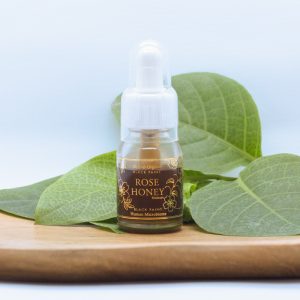 Coupled with Point (1) and (2) mentioned earlier, i.e. French Maritime Pine Bark Extract helps circulation, improves healing, preventing inflammation and anti-aging, making it an effective ingredient for skincare. BLACK PAINT takes this opportunity to include it into its skin healing and anti-aging serum, the rose honey essence. Together with the powerful healing effect of honey, this serum quickly returns wounds and imperfections into balanced and healthy looking skin.
Coupled with Point (1) and (2) mentioned earlier, i.e. French Maritime Pine Bark Extract helps circulation, improves healing, preventing inflammation and anti-aging, making it an effective ingredient for skincare. BLACK PAINT takes this opportunity to include it into its skin healing and anti-aging serum, the rose honey essence. Together with the powerful healing effect of honey, this serum quickly returns wounds and imperfections into balanced and healthy looking skin.
Side effects
The standardized extract of maritime pine bark does not cause any side effects in most people. However, one should always take a low dose first to observe the body’s response to it. It may cause the following side effects in some people:
- Vertigo
- Gastrointestinal issues
- Dizziness
- Headache
- Urinary issues
- Nausea
- Irritability
- Drowsiness
- Low blood sugar
- Irritation or itchiness on the skin
- Mouth ulcers

Consultation with a doctor is a must before using pycnogenol if one has diabetes, is pregnant or breastfeeding, has a bleeding condition, is about to undergo surgery in two weeks, has an autoimmune disease, heart condition, or liver issues.
Caution is required regarding consuming pycnogenol if the person is taking chemotherapy drugs, blood-affecting medications, supplements, or drugs, diabetes medications, and immunosuppressants.
Safe dose
The National Institutes of Health renders 50 to 450 mg of pycnogenol daily for one year as safe for adults. The extract is safe to use for up to seven days as a skin cream and six weeks as a skin powder. As for the children, there are not enough studies to determine the safe dose. One needs to consult the pediatrician for this purpose. Although this extract is deemed safe for children, it should be taken only for a few weeks at a time. Moreover, its usage can go on for several weeks after taking a pause for one or two weeks.
At the moment, there is no study to assess the long-term liver damage caused by pine bark extract.
Interaction with medicines
Pine bark extract has a moderate interaction rating with drugs used to treat diabetes. Doctors recommend caution on using this combination. The extract can further lower the blood sugar levels of a person taking antidiabetics. The common antidiabetics include glyburide (DiaBeta, Micronase, Glynase PresTab), glimepiride (Amaryl), insulin, and rosiglitazone (Avandia). If a person is using pine bark extract along with one of these drugs, the dose of other drugs need to be adjusted.

Maritime pine bark extract also interacts with immunosuppressant medications, drugs that constrain the immune system. Common immunosuppressant medications include basiliximab (Simulect), azathioprine (Imuran), mycophenolate, prednisone, tacrolimus, corticosteroids, and many others. The extract stimulates the immune system and, thus, can reduce the effectiveness of the said medications.
The extract can also interact with both the antiplatelet or anticoagulant medications – drugs that slow blood clotting. These medications include dalteparin, warfarin, ticlopidine, heparin, enoxaparin, and many more. The interaction results in slow clotting of platelets and may increase bleeding and bruising.
References
https://www.webmd.com/vitamins/ai/ingredientmono-1019/maritime-pine
https://www.karger.com/Article/Fulltext/441039 https://www.ncbi.nlm.nih.gov/pubmed/11996210 https://www.cancer.gov/publications/dictionaries/cancer-drug/def/french-maritime-pine-bark-extract
https://www.drugs.com/npp/maritime-pine.html https://www.naturesfare.com/health/7-health-benefits-pine-bark-extract/
https://new.hindawi.com/journals/ecam/2015/260530/
https://www.drugs.com/npp/maritime-pine.html
https://www.webmd.com/vitamins/ai/ingredientmono-1019/maritime-pine https://www.drugs.com/npp/maritime-pine.html https://www.sciencedirect.com/science/article/abs/pii/S0014488612003834?via%3Dihub
https://www.minervamedica.it/en/journals/minerva-ginecologica/article.php?cod=R09Y2017N01A0029
https://www.tandfonline.com/doi/abs/10.1179/135100006X116664
https://link.springer.com/article/10.1007%2Fs00787-006-0538-3
https://onlinelibrary.wiley.com/doi/abs/10.1002/ptr.1477
https://www.longdom.org/open-access/pycnogenol-a-miracle-component-in-reducing-ageing-and-skin-disorders-2155-9554-1000395.pdf
https://www.healthline.com/health/pycnogenol https://www.drugs.com/npp/maritime-pine.html
https://www.rxlist.com/pycnogenol/supplements.htm
https://www.karger.com/Article/Abstract/335261








